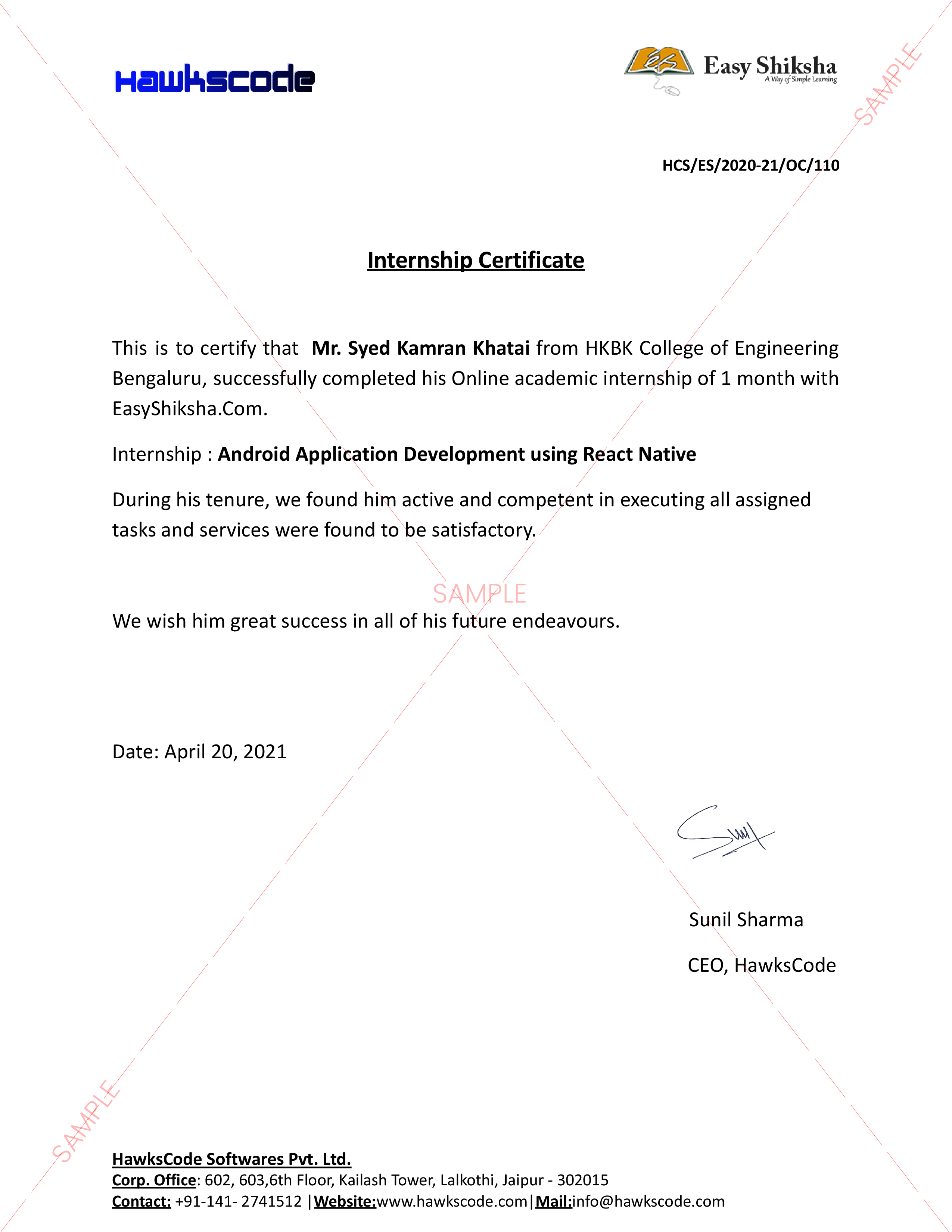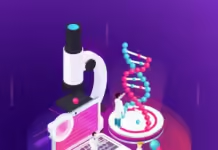By Raj Mruthyunjayappa, Chief Digital Officer and President, India, Anthology Inc
Forecasts indicate that the next five years will witness unprecedented global temperature records, with 2023-2027 expected to be the warmest five-year period ever recorded, as reported by the World Meteorological Organisation (WMO). Urgent action is required to address global warming and limit temperature rise, including a 45% reduction in emissions by 2030 and achieving net-zero emissions by 2050. Amidst our rapidly changing environmental landscape, a sustainable focus and eco-innovation are essential. While, social movements advance environmentalism, a more powerful tool lies within our grasp—educating students on sustainable living.
The Role of Education in Shaping Eco-Conscious Global Citizens
Today’s educators play a crucial role in shaping eco-conscious global citizens who understand the importance of environmental responsibility, with higher education institutions serving as key agents in educating future leaders who will contribute to the implementation of the United Nations Sustainable Development Goals. By prioritizing education for sustainable development, individuals are equipped with the skills and mindset needed to address pressing global challenges and drive transformative change.
ALSO READ: Yoga- Therapy or way of life ??
Universities as Catalysts for Sustainable Development
To achieve sustainable development, universities must focus on individual learners and institutional changes. Pedagogical shifts, such as critical reflection and project-based learning, along with collaboration and interdisciplinary learning, enhance sustainable education. They also should promote sustainable development through research, innovation, and fostering student-led initiatives. Universities should organize public lectures and consider collaborating with stakeholders to demonstrate leadership in addressing challenges and proposing sustainable solutions.
Universities can also take steps to reduce their carbon footprint by promoting online learning or a hybrid model, reducing the need for travel and thus lowering carbon dioxide emissions and costs. In the field of higher education alone, online education has reduced carbon emissions, equivalent to 1.296 hours in China, 2.688 hours in the US, 5.544 hours in India, 12 hours in Japan, and 3.864 hours in OECD European countries within six months according to the research paper published in the journal Applied Energy by Elsevier.
Important Announcement – EasyShiksha has now started Online Internship Program “Ab India Sikhega Ghar Se”
The sustainable development goals report 2022 by the UN emphasizes the need for equitable education, prompting India’s Education 4.0 initiative, which employs technology to bridge learning gaps and enhance accessibility. The Indian government has been investing in the development of infrastructure, faculty, and research in Indian universities as well as implementing various policies and schemes to increase access to higher education, such as the Higher Education Financing Agency (HEFA) and the National Institution Ranking Framework (NIRF).
Along with all these factors, learner well-being is an important facet of sustainable education. The Indian government’s “MANODARPAN” initiative provides psychosocial support to students, teachers, and families during and after the COVID pandemic. Universities should also take a deliberative step to incorporate holistic approaches to learning to build a community that can identify their personal capacities, manage to cope with life stresses and work efficiently to achieve their goals.
To achieve all these goals, NEP recognizes the importance of incorporating technology into India’s education landscape. India can improve its Human Development Index ranking of 132 out of 191 countries by utilizing 5G technology to transform its educational sector. Utilizing 5G technology enhances inclusive and holistic education, enabling immersive learning experiences and personalized education. The good news is that some startups in India are now utilizing AR, VR, and the Metaverse to make education more accessible and engaging, transforming the educational landscape.
Ensuring Inclusive and Holistic Education through Technological Advancements
However, these changes at the university level should not lead to the exclusion of certain sections of society. During the pandemic, an estimated 147 million children have missed over half of their in-class instruction, potentially leading to a combined loss of $17 trillion in lifetime earnings, disproportionately affecting girls, children from disadvantaged backgrounds, those in rural areas, individuals with disabilities, and children from ethnic minorities according to The sustainable development goals report 2022 by the UN
Additionally, universities can partner with government and business firms to create smart cities that recognize the need for educational technologies to equip learners with the latest knowledge and skills. Smart cities use IoT and networking, sensor technologies, data analytics, and computing to create an interconnected urban environment that leads to sustainable education that prepares learners for the demands of modern society. It is estimated that adopting information and communications technologies (ICT) solutions for reducing greenhouse gas emissions and modernizing cities would lead to savings of 2000 billion dollars and the creation of 30 million jobs.
Adapting to new modes of learning is crucial as education evolves. Technology with a sustainability focus will play a key role in this transformation, equipping learners for an ever-changing world and creating a brighter future.
This year educate yourself and develop your career with EasyShiksha

































































